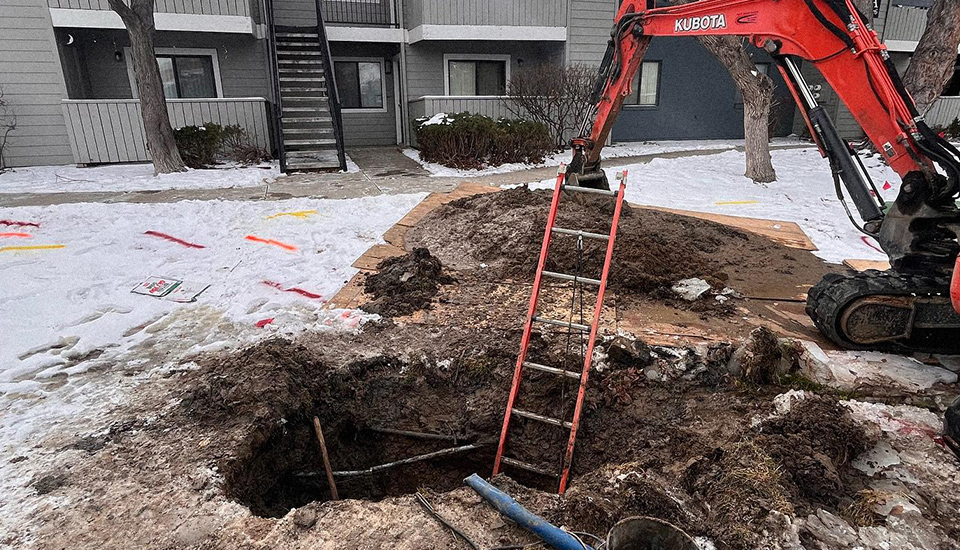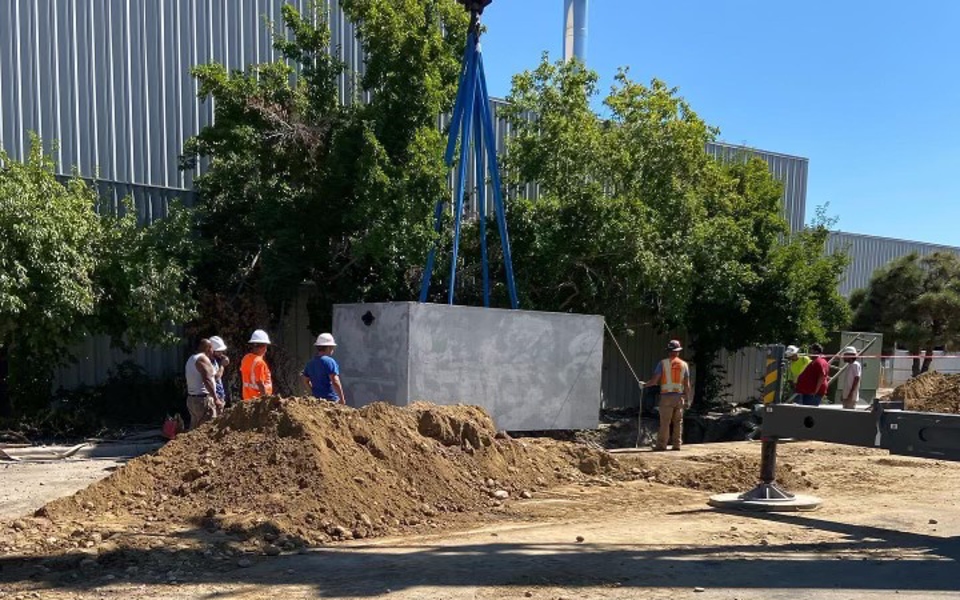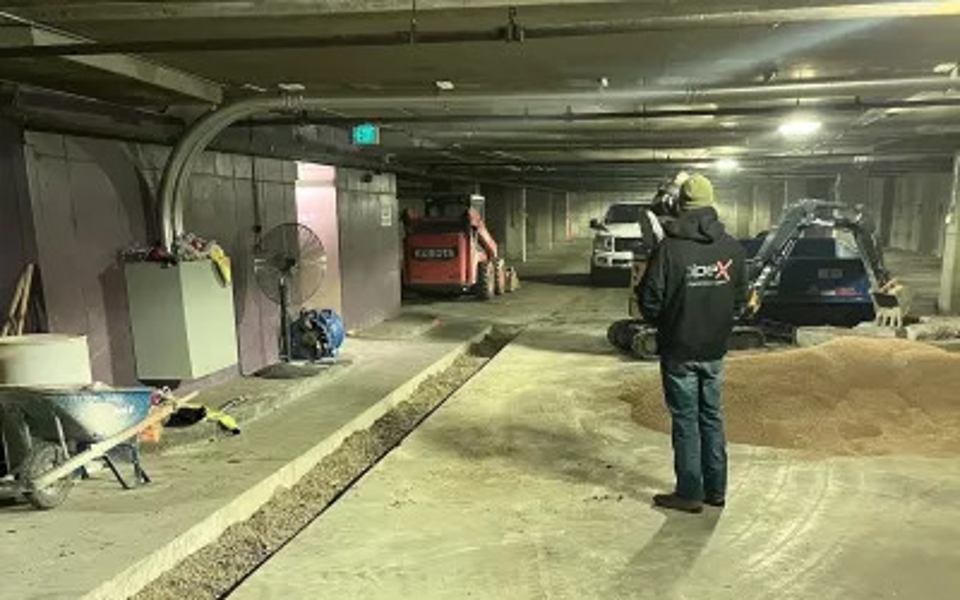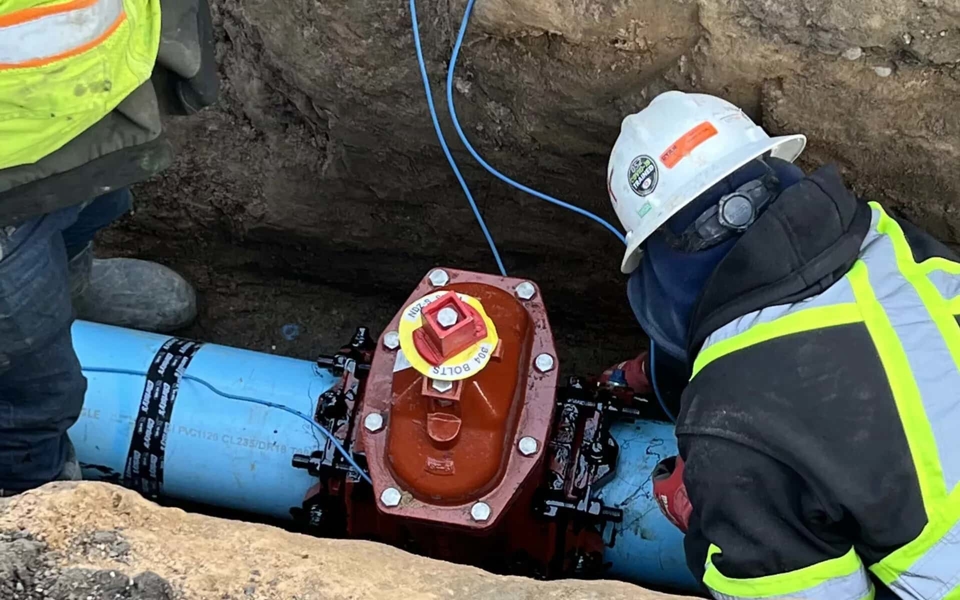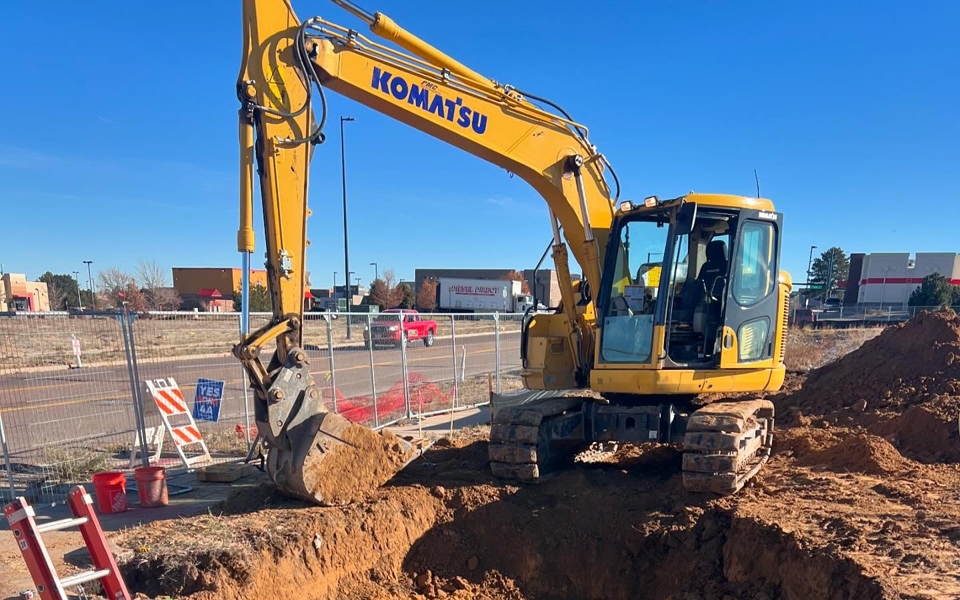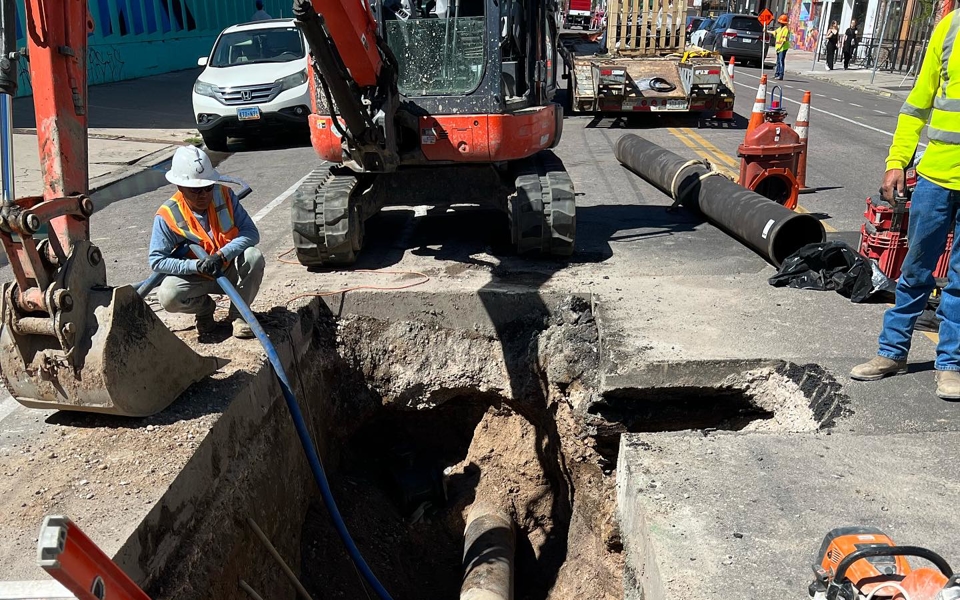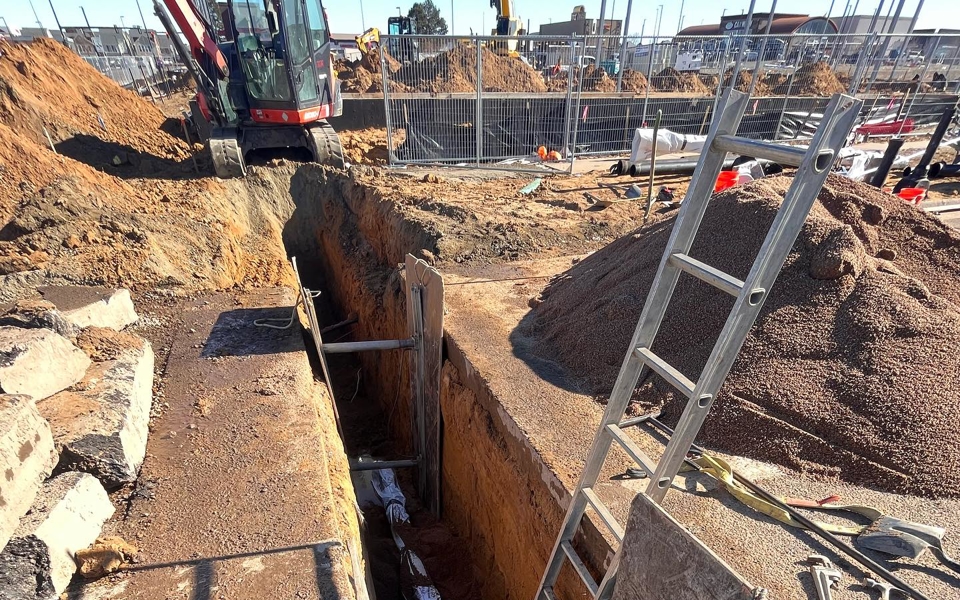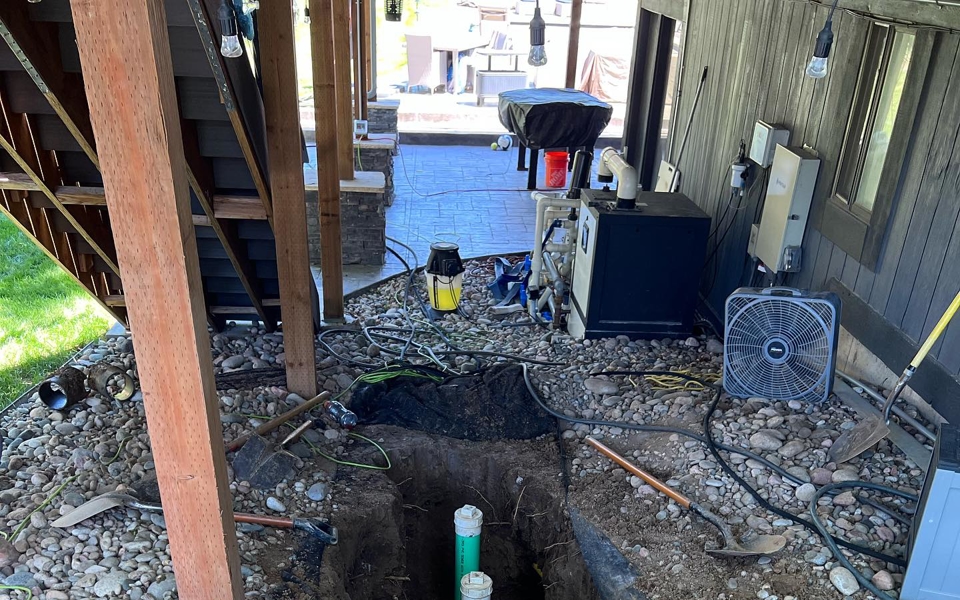

What Are The Most Common Causes of Excavation Repair Needs in Denver?
In Denver, excavation repair often becomes necessary due to environmental factors, aging infrastructure, and changing seasonal weather. The region’s freeze-thaw cycles, clay-heavy soils, and growing urban development all contribute to underground system damage. Whether it means dealing with a broken utility line or a collapsed storm drain, prompt intervention can prevent bigger issues and higher repair costs.
As Denver continues to expand, new development intersects with older infrastructure, raising the need for proactive planning and timely repairs. The city’s mix of neighborhoods, industrial zones, and commercial districts means contractors see a broad scope of repair tasks. Temperature swings, especially in spring and fall, increase stress on both modern materials and older systems. Ongoing maintenance and frequent inspections reduce large-scale problems, protecting property values and community safety in areas such as Capitol Hill, Highland, and Washington Park.
Here are some of the most common reasons property owners in Denver need excavation repair:
- Freeze-thaw ground movement: Denver winters cause the ground to expand and contract, which can crack or shift underground pipes and utility lines.
- Expansive clay soils: Clay-rich soil in certain parts of Denver can swell and shrink dramatically, putting pressure on underground systems.
- Old or deteriorating infrastructure: Many older neighborhoods in Denver have outdated pipes and utilities that are prone to failure and require excavation to access and repair.
- Stormwater damage: Heavy rain or rapid snowmelt can overwhelm drainage systems, leading to erosion or storm drain failure.
- Tree root intrusion: Large tree roots can grow into or around pipes, causing breaks or blockages that need excavation to fix.
- Construction impacts: Vibrations from nearby construction or excavation work can damage adjacent utilities or structures underground.
What Should Denver Property Owners Know Before Starting an Excavation Project?
Before starting any excavation project in Denver, property owners should understand local requirements, project conditions, and safety protocols. Denver’s soil types and elevation influence excavation methods, and missing a key step can lead to project setbacks or fines. Keep these critical points in mind:
Preparing for excavation in the Denver Metro Area begins before equipment arrives. Most projects require coordination with city agencies, such as Denver Development Services, to secure permits and construction approvals. Local utility providers and Colorado 811 handle utility locations, helping to protect critical infrastructure and avoid accidents. Adhering to zoning, accounting for the seasonal weather, and consulting floodplain maps for neighborhoods near the South Platte River and Cherry Creek are all steps that improve project planning. Considering these factors up front lowers the risk of costly delays or code violations.
- Permits are often required: Most excavation work in Denver requires a permit. These permits help your project comply with city codes and safety standards.
- Call 811 before digging: Colorado law requires all underground utilities to be located and marked before digging starts, preventing accidents and outages.
- Soil conditions can vary: Denver contains many areas with expansive clay soils that shift with rainfall or snowmelt, impacting foundation depth and stability.
- Weather and elevation matter: Freeze-thaw cycles and elevation changes shape project timelines, affecting site drainage and foundation depth.
- Work with a licensed contractor: Choosing a licensed and insured Denver excavation contractor, such as PipeX, ensures the work is managed safely and coded properly from start to finish.
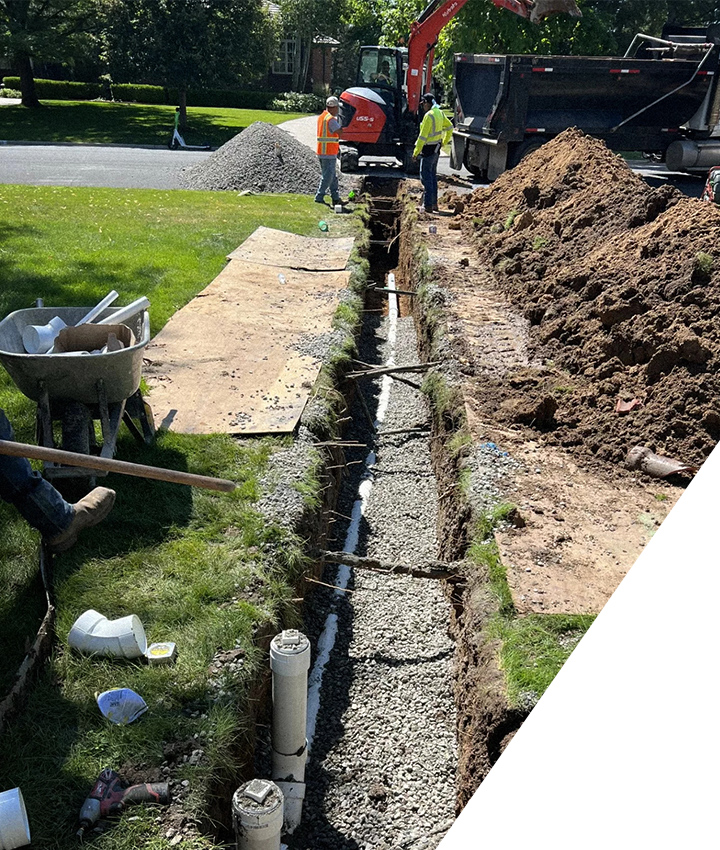
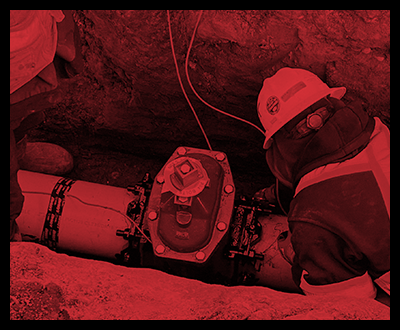
-
"We can always count on them!"
We own and manage several commercial properties and this is a plumbing company we can count on to give a fair price, quality work, promptness and good customer service. It keeps us coming back to them for help.
A.C. -
"Excellent customer service!"
This company, plumbers, and office personnel give excellent customer service and great attention. They are great and they are getting recommended by me for sure!
Johnny D. -
"Very knowledgeable!"
Had a great experience with Pipe X and Ray. We had a leaky pipe in the wall and it was identified and repaired quickly. I could really tell he cares about his work.
Jen H. -
"Above all, they do amazing work."
I have used Pipe-X multiple times for some emergency plumbing situations as well as routine maintenance. They are faster and more accessible than any other plumber I've ever worked with!
John M. -
"Would recommend to anybody looking for a good plumber!"
Ray did a phenomenal job, was extremely professional and clean! Left no trace of any mess, extremely hard-working and diligent!
J.J. R. -
"I’ve been using PipeX Plumbing for years, and they’ve been amazing every time. "
Each plumber who has come out is professional, friendly, and highly skilled. I get annual routine maintenance with a mainline snake, and thanks to their thorough work, I’ve never had any issues. Highly recommend their services!
B. Davis -
"Very pleased with their response time, efficiency, NON-scare techniques."
We've used PipeX in the past and this time was just as great. Juan came on time, efficiently ran the line out to our main and sent the camera through as well, as requested. He took care of our issues and we look forward to their good work next year.
Mimi S. -
"Great service!"
Renee came out and was super helpful! Jake and his team also came out for a huge exterior plumbing repair and were courteous and VERY expedient with great results. Thank you!!
Sarah H.
What Is the Importance of Excavation for Plumbing Installation?
Excavation plays a critical role in plumbing installation, particularly for commercial and municipal projects in Denver. Proper excavation ensures that plumbing lines go in at the correct depth, slope, and alignment to support long-term function and comply with local building codes. When the job includes precise excavation, pipes are less vulnerable to shifting soil, water flow problems, or future repairs. A professional excavation contractor prepares the site correctly from the start, reducing future issues.
Denver’s building codes focus on minimum burial depths and frost protection, which affect how crews excavate and backfill for plumbing. Using the proper bedding and compaction increases the reliability and lifespan of new systems. Crews must keep trench safety, utility monitoring, and inspection scheduling with city officials as part of every project. By following these guidelines, project managers see faster inspections and better compliance, reducing the risk of costly rework or failed city checks.
Key reasons why excavation is essential for plumbing installation:
- Ensures proper pipe alignment and slope: Correct grading supports steady water flow and helps prevent backups or drainage issues.
- Allows access to underground utility connections: Excavation provides the space for new line installation or safe tie-ins to current systems.
- Reduces future risk of pipe damage: A properly excavated trench protects pipes from shifting earth or heavy loads above.
- Supports code-compliant installations: Denver’s plumbing codes demand precision, and following best practices helps projects pass inspections.
- Improves long-term plumbing system performance: A solid excavation base leads to fewer problems in the years ahead, saving money and disruption.
Storm Drain Excavation Repair Services in Denver
Storm drains are a vital part of Denver’s infrastructure, preventing flooding and water damage during heavy rains. When drains need repair or maintenance, fast action matters to reduce further risk. This section outlines why storm drain excavation repair matters and describes how PipeX Plumbing manages these projects for Denver clients. Storm drains move excess rainwater away from streets and buildings. Drains that work well shield structures from erosion and flood damage, so regular upkeep and repairs keep them reliable.
Several older neighborhoods in Denver lack modern stormwater controls, creating high demand for springtime drain repair after snowmelt or storms. Service calls increase during these periods as property owners in Park Hill, Stapleton, and Baker look to prevent or fix water issues. Properly clearing debris, maintaining pipes, and replacing failing materials keep drainage systems functional and help protect property investments for years to come.
Recognize signs of storm drain issues to avoid more extensive damage. Watch for these indicators:
- Pooling water: Standing water near storm drains or on streets may indicate a blockage or line damage.
- Debris accumulation: Leaves, silt, or trash collecting at storm drains can stop proper flow and cause slowdowns.
- Unusual sounds: Gurgling or strange noises from a drain often signal that air or water meets a blockage below ground.
Residential vs. Commercial Excavation & Grading in Denver
Excavation and grading projects differ between commercial and residential sites across Denver. Residential work often includes landscape grading, drainage improvement, or utility repair around smaller properties. Crews have to protect nearby structures, avoid landscaping disruption, and follow added city guidelines for historic or established areas.
Commercial excavation and grading projects typically involve larger lots, new building pads, or major redevelopment work. Teams use heavier machines, enhanced erosion controls, engineered site plans, and strict compliance checks. Permitting for commercial locations often triggers advanced studies on drainage, more traffic coordination, and added site reviews by Denver Development Services. Skilled providers balance speed and safety, adapting their approach in business districts to minimize impact on operations and the public.
Both residential and commercial property owners benefit from working with a contractor that knows Denver’s permitting system, inspection benchmarks, and field best practices. Solid local knowledge means a smoother project and fewer delays, no matter the property type.
Frequently Asked Questions
How Long Does a Typical Excavation or Grading Project Take in Denver?
Project timelines depend on site size, weather, and the city permitting schedule. Many grading and excavation projects in Denver finish in several days, but larger or multi-phase work can last weeks. Keep in mind that city inspections can extend the process during busy construction seasons.
Can You Complete Excavation or Grading Projects Year-Round in Denver?
Crews can work throughout the year in Denver, but winter freezes, spring thaws, and heavy rains can alter the schedule. The best-prepared contractors adjust using the right equipment and contingency planning tailored for the region’s climate.
What Makes a Denver Grading or Excavation Contractor Licensed and Insured?
Licensed contractors must meet the city of Denver’s requirements for training, insurance, and compliance. They carry policy coverage and certifications that protect property owners, public spaces, and their staff on every project.
Call (720) 580-9484 or contact us online to learn more about our excavation services in Denver. We can help with repair, installation, and storm drain excavation services.
We're ready to help. Get in touch with our team today. If it's an emergency, give us a call at (720) 580-9484- we are available 24/7.
